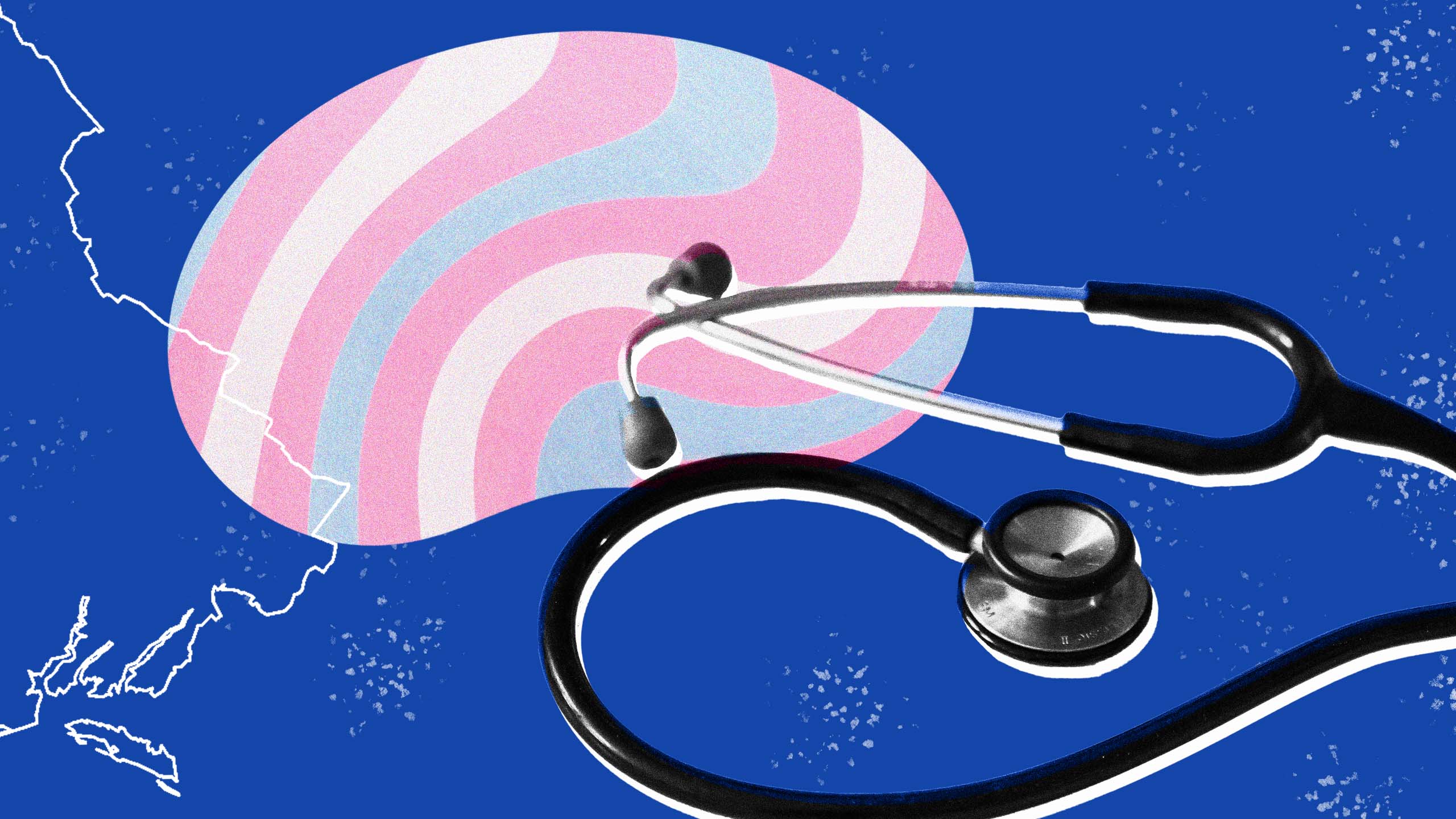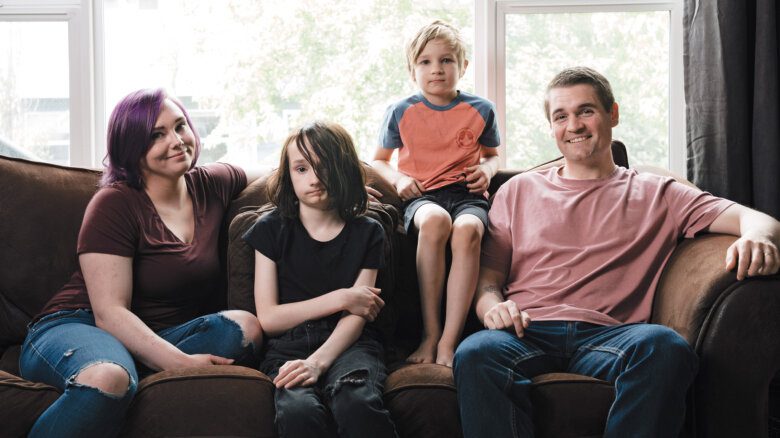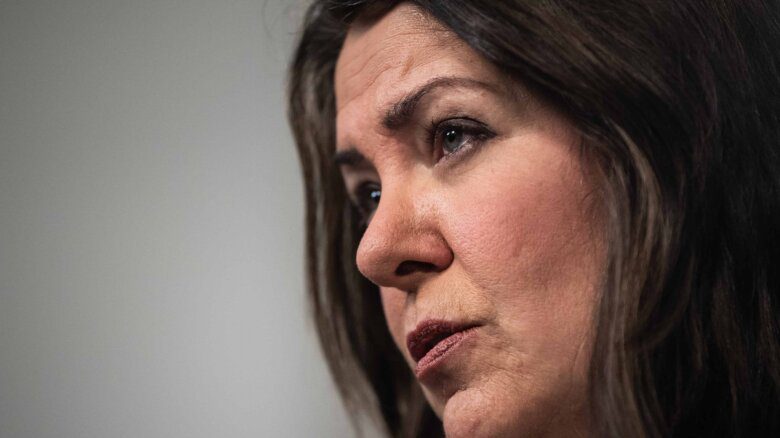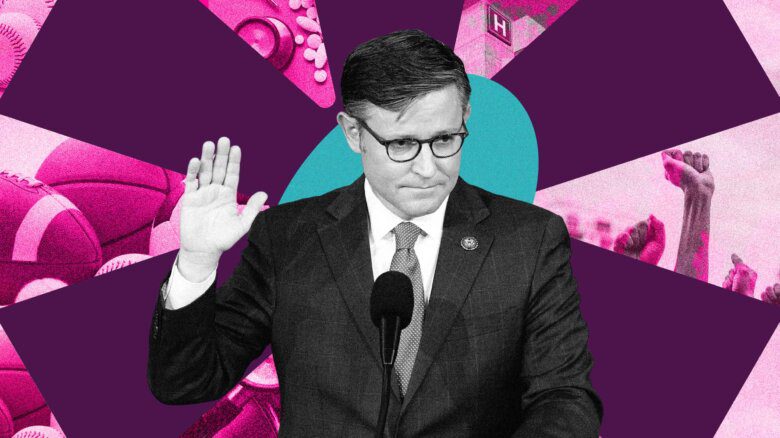A federal court in West Virginia has ruled that state Medicaid plans must provide coverage for gender-affirming healthcare, in a major win for several trans plaintiffs whose coverage was initially denied.
On August 2, U.S. District Judge Chuck Chambers in Huntington ruled that excluding gender-affirming health care coverage from trans and gender nonconforming patients’ Medicaid plans is discrimination, declaring it a violation of the Equal Protection Clause of the 14th Amendment, the Affordable Care Act and the Medicaid Act.
Advocates celebrated the decision. “We applaud Judge Chambers’ decision to remove the discriminatory barrier to accessing medically necessary, gender-confirming surgical care for all transgender West Virginia Medicaid participants,” said Avatara Smith-Carrington, a staff attorney at Lambda Legal, which represented the plaintiffs, in a press release. “Transgender West Virginia Medicaid participants deserve to have equal access to the same coverage for medically necessary healthcare that cisgender Medicaid participants receive as a matter of course.”
The lawsuit was initially filed in 2020 on behalf of two plaintiffs: Christopher Fain, a Medicaid participant whose testosterone prescription was denied, and Zachary Martell, the spouse of a state employee with healthcare coverage. Both plaintiffs were denied coverage for a bilateral mastectomy, according to ABC News.
“I am excited to finally have access to the healthcare I deserve.”
In 2021, two additional plaintiffs, Medicaid participant Shauntae Anderson and Public Employee Insurance Agency (PEIA) member Leanne James, were added to the lawsuit. A settlement with The Health Plan of West Virginia, Inc., earlier this year led to the removal of coverage exclusion for patients in need of gender-affirming care in the company’s PEIA plans. After James died in February, remaining claims concerning PEIA were dismissed.
“I am excited to finally have access to the healthcare I deserve. The exclusion negatively affects my health and well-being, as well as the health and well-being of other transgender Medicaid participants in our community,” Anderson stated in a press release. “Gender-confirming care is healthcare, and it is lifesaving.”
Health discrimination toward LGBTQ2S+ individuals in the U.S. is nothing new—and has been ramping up as state legislatures continue to target gender-affirming health care. According to the Movement Advancement Project, Medicaid programs in eight states—Arizona, Arkansas, Kentucky, Missouri, Nebraska, Ohio, Tennessee and Texas—currently explicitly exclude trans-related care from their coverage. Twice as many states have no explicit policy regarding gender-affirming healthcare in Medicaid.
Others, like Florida, are trying to push for an explicit ban, with Governor Ron DeSantis’s administration announcing earlier this year that it would explore whether to deny Medicaid coverage of gender-affirming treatments for the approximately 9,000 trans Floridians who currently rely on Medicaid in the Sunshine State. The state currently has no explicit policy regarding Medicaid coverage for gender-affirming care.
This rise in discriminatory policy comes at a particular risk to approximately 29 percent of trans adults who live below the poverty line in the United States—many of whom rely on their states’ programs to cover healthcare costs due to a limited income. In the face of these developments, Fain sees the ruling as a victory “not only for me, but for other transgender Medicaid participants across West Virginia.”
“This decision is validating, confirming that after years of fighting to prove that gender-confirming care is medically necessary, we should have access to the same services that West Virginia Medicaid already provides to cisgender participants,” the plaintiff said in Lambda Legal’s press release. “Transgender West Virginians should never feel as if our lives are worth less than others.”


 Why you can trust Xtra
Why you can trust Xtra


